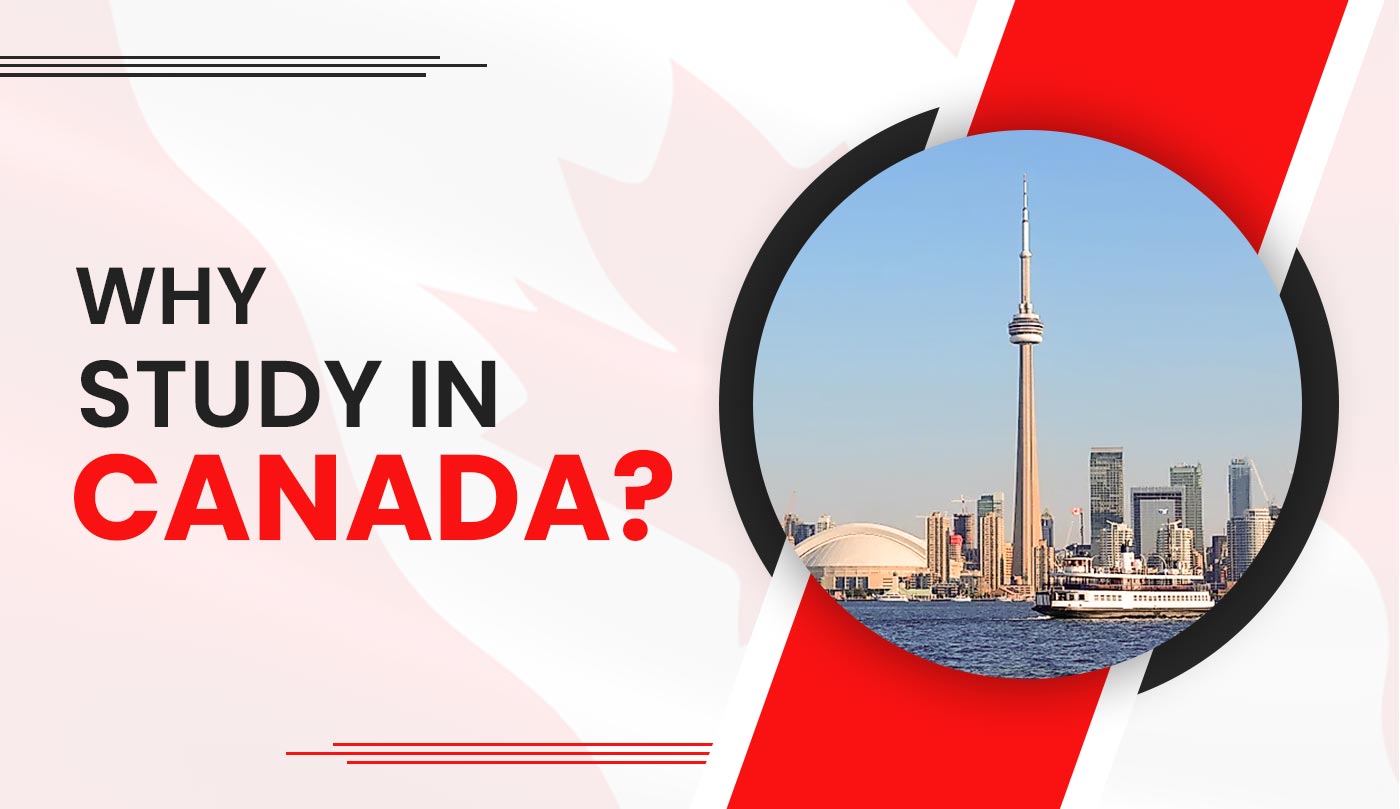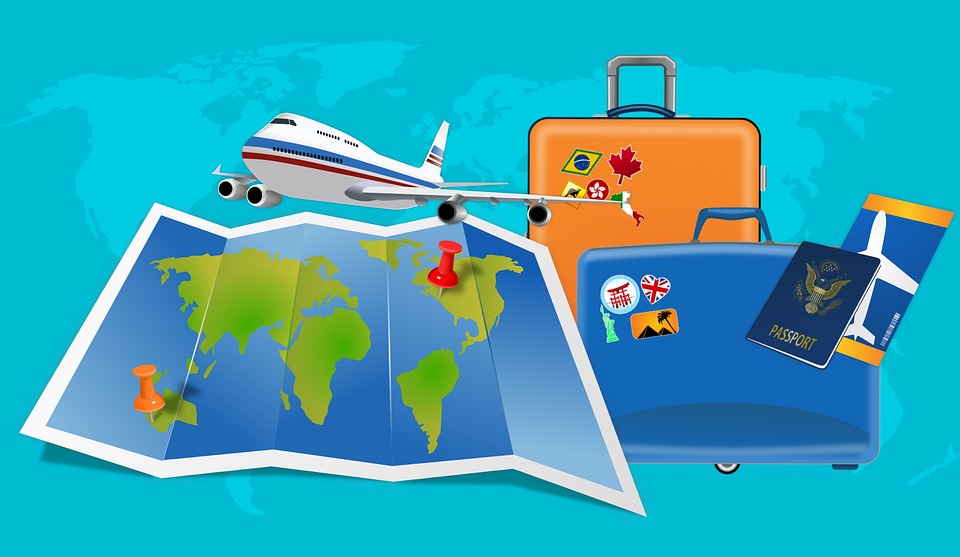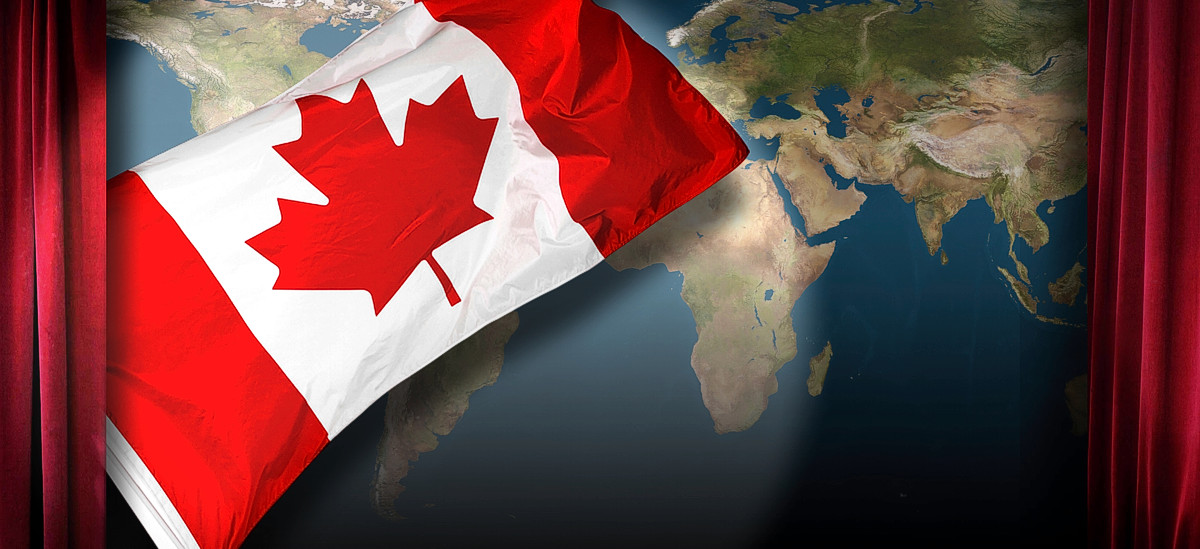Studying in Canada can be an excellent decision for many reasons, from the quality of education to the multicultural environment. Study in Canada from Nepal with one of the best consultancy in Nepal for Canada as it is an emerging international education hub, where students from all over the world come to study and secure their career. Universities in Canada provide the same level of quality education as compared to other developed nations. Not only this, the universities in Canada also gain a competitive advantage with a lot lower tuition fees and high standard of living.

Canada has earned its spot as one of the friendliest countries in the world. It is also considered as one of the best places to live and study for overseas students. Country has the population of 38 million people. It offers a large number of high-quality educational opportunities to foreign students. Canada is a first-world country with suave modern infrastructure and friendly people, unlike anything you’ll find elsewhere.
Studying in Canada offers the opportunity to study in a rich cultural environment and a high-quality educational system. Students passionate about their studies have a high chance of succeeding and finding employment in Canada.

High-Quality Education: Canada is known for its high academic standards and rigorous quality controls. Many Canadian universities are ranked among the best in the world.
Diverse and Inclusive Environment: Canada is a multicultural country, welcoming students from all over the world.
Safe and Friendly: Canada is consistently ranked as one of the safest countries for international students.
Work Opportunities: International students can work on or off-campus while studying, and there are pathways to permanent residency.

Research Universities: Consider universities that offer the program you’re interested in. Some of the top universities in Canada include:
- University of Toronto
- University of British Columbia (UBC)
- McGill University
- University of Alberta
- University of Waterloo
- Program Options: Canada offers a wide range of programs at different levels:
- Undergraduate Degrees: Bachelor’s programs usually last 3-4 years.
- Graduate Degrees: Master’s programs typically last 1-2 years, while Ph.D. programs vary in length.
- Diplomas and Certificates: These are shorter programs that focus on specific skills or knowledge areas.

- Check Requirements: Each program and university will have specific admission requirements. Common requirements include:
- Academic transcripts
- Letters of recommendation
- A statement of purpose
- Standardized test scores (GRE, GMAT, etc., depending on the program)
- Proof of English or French proficiency (TOEFL, IELTS, or TEF/TCF for French)
- Application Deadlines: Deadlines can vary, but most universities have application deadlines for Fall intake around December to March, and for Winter intake around July to September.
- Application Fee: Most universities require an application fee, which ranges from CAD 50 to CAD 200.
- Apply Online: Most universities have an online application portal.

- Apply for a Study Permit: If you’re accepted into a program, you will need to apply for a study permit. The process includes:
- Proof of Acceptance: A letter of acceptance from a designated learning institution.
- Proof of Funds: Evidence that you can support yourself financially while in Canada.
- Passport: A valid passport.
- Biometrics: You may need to provide biometrics (fingerprints and a photo).
- Application Process: Apply online through the Immigration, Refugees, and Citizenship Canada (IRCC) website or at a Canadian visa office in your home country.

- Tuition Fees: Tuition varies by program and institution:
- Undergraduate Programs: CAD 7,000 to CAD 29,000 per year.
- Graduate Programs: CAD 5,000 to CAD 35,000 per year.
- Diploma/Certificate Programs: CAD 4,000 to CAD 18,000 per year.
- Living Expenses: Estimated at CAD 10,000 to CAD 15,000 per year for accommodation, food, and other personal expenses.
- Health Insurance: Check if your province offers health insurance for international students. If not, you may need to purchase private health insurance.

- University Scholarships: Many Canadian universities offer scholarships based on academic merit, financial need, or other criteria.
- Government Scholarships: Look for scholarships provided by the Canadian government, such as the Vanier Canada Graduate Scholarships or the Canada Graduate Scholarships-Master’s Program.
- External Scholarships: Explore scholarships from private organizations or foundations.

- Housing: Options include on-campus residences, off-campus apartments, or shared accommodations.
- Healthcare: Ensure you have health insurance coverage, either through the university or a private plan.
- Transportation: Public transportation is widely available in most Canadian cities. Consider purchasing a transit pass for convenience.

- Post-Graduation Work Permit (PGWP): Allows you to work in Canada for up to 3 years after graduation, depending on the length of your program.
- Permanent Residency: International graduates can apply for permanent residency through various immigration pathways, such as the Canadian Experience Class under the Express Entry system.

- Government of Canada’s Study in Canada
- Canadian Bureau for International Education (CBIE)
- ducation in Canada
- Canadian Universities
- IRCC Study Permit Information
Summary Table
| Aspect | Details |
|---|---|
| Top Universities | University of Toronto, UBC, McGill University, University of Alberta |
| Program Levels | Undergraduate, Graduate, Diploma/Certificate |
| Application Fees | CAD 50 to CAD 200 |
| Tuition Fees | CAD 7,000 to CAD 29,000 per year for undergraduate; CAD 5,000 to CAD 35,000 for graduate |
| Living Expenses | CAD 10,000 to CAD 15,000 per year |
| Scholarships | University scholarships, government and external scholarships |
| Study Permit | Required; includes proof of acceptance, financial means, and passport |
| Health Insurance | Provincial health insurance or private insurance |
| Post-Graduation | PGWP for up to 3 years, pathways to permanent residency |

